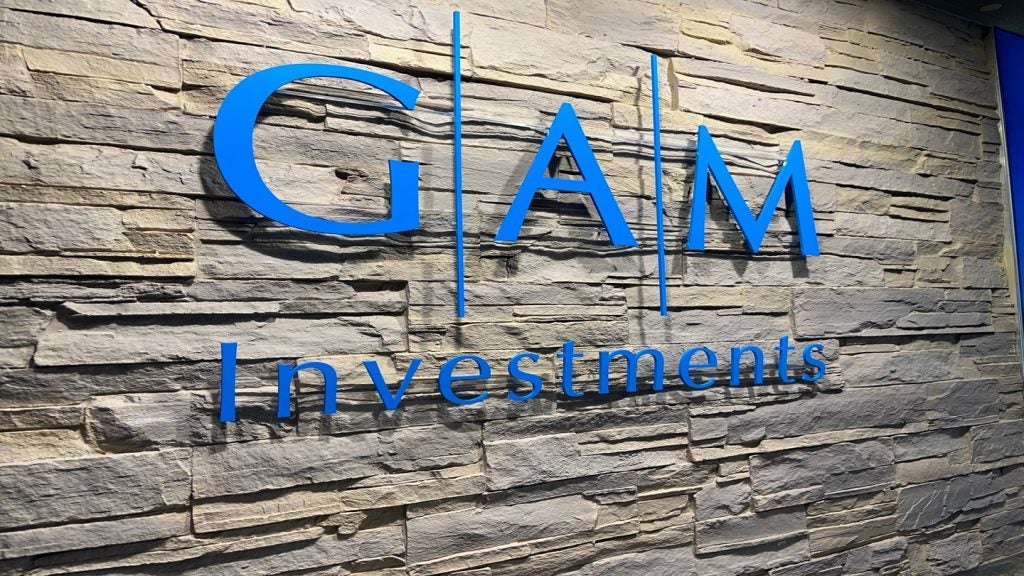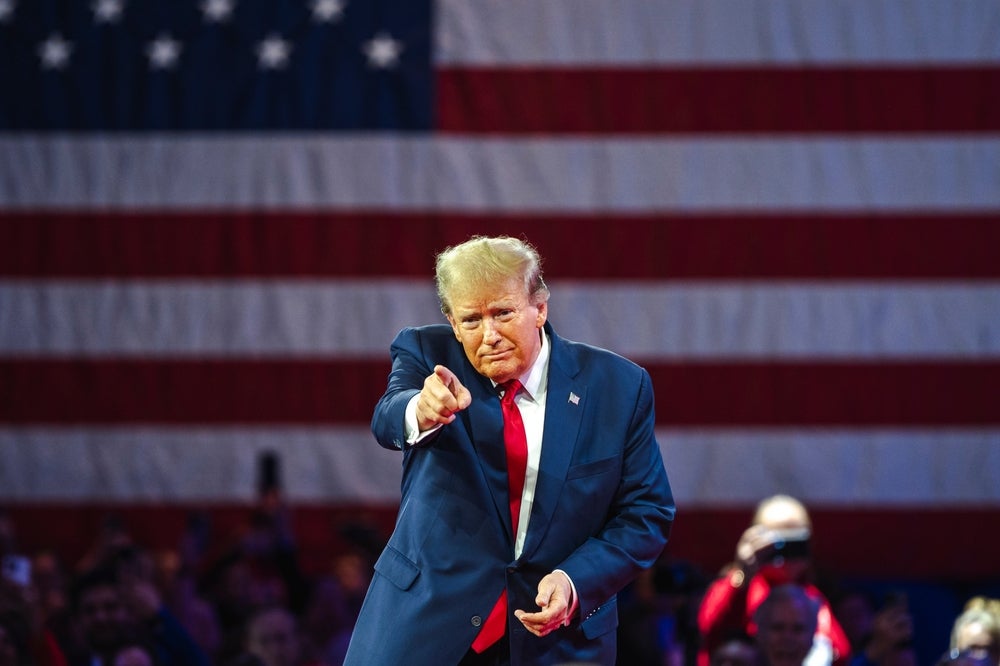Nearly 70% of America’s high net worth (HNW) and affluent investors with more than US$1 million in investable assets do not consider themselves wealthy, according to a new survey report published by UBS Wealth Management Americas.
UBS Wealth Management Americas’ fourth UBS Investor Watch revealed that wealth is defined as being able to live one’s life with no financial constraints, rather than reaching a specific asset level.
According to the report, 50% of the investors defined wealth as having no financial constraints, as opposed to never having to work again (10%) or being able to afford a luxurious lifestyle (9%).
Investors feel that it would take at least US$5 million in personal wealth for them to be considered wealthy.
"Investors are telling us that wealth isn’t just about money. It’s about being able to do what you want to do when you want to do it," says Emily Pachuta, head of Investor Insights at UBS Wealth Management Americas.
"If you ask, ‘what is wealthy?’ we observe that it’s about having no financial constraints, holding a lot of cash, taking care of family," Pachuta added.
The study also found that the ability to afford healthcare and long-term care remains the top personal concern (27%) for investors, their children’s and grandchildren’s financial situations rank second (20%), trumping the ability to afford retirement (14%) and the potential to outlive one’s assets (14%).
The survey also found that investors most enjoy financially helping their grandchildren (82%), followed by their adult children (76%) and their parents (59%).
Investors continue to hold high levels of cash (23%), and with large cash holdings use them as a way to reduce their overall risk level. Investors find it important to have cash because they know they are extremely unlikely to lose it and generally find peace of mind in holding a lot of cash.
Investors are more confident when financial plans are dedicated to long-term healthcare expenses and to providing financial support across multiple generations. According to the report, when a financial plan includes these two elements, confidence skyrockets to 85%, compared to 57% with a more traditional financial plan.
Also, investors see the Fed ending stimulus as positive for the long term. Nearly 51% expect this change to have a negative short-term impact on the economy but will stabilize the economy in the long run. Also, 59% of the respondents said they are not changing their investment strategy as a result of the Fed announcement.







